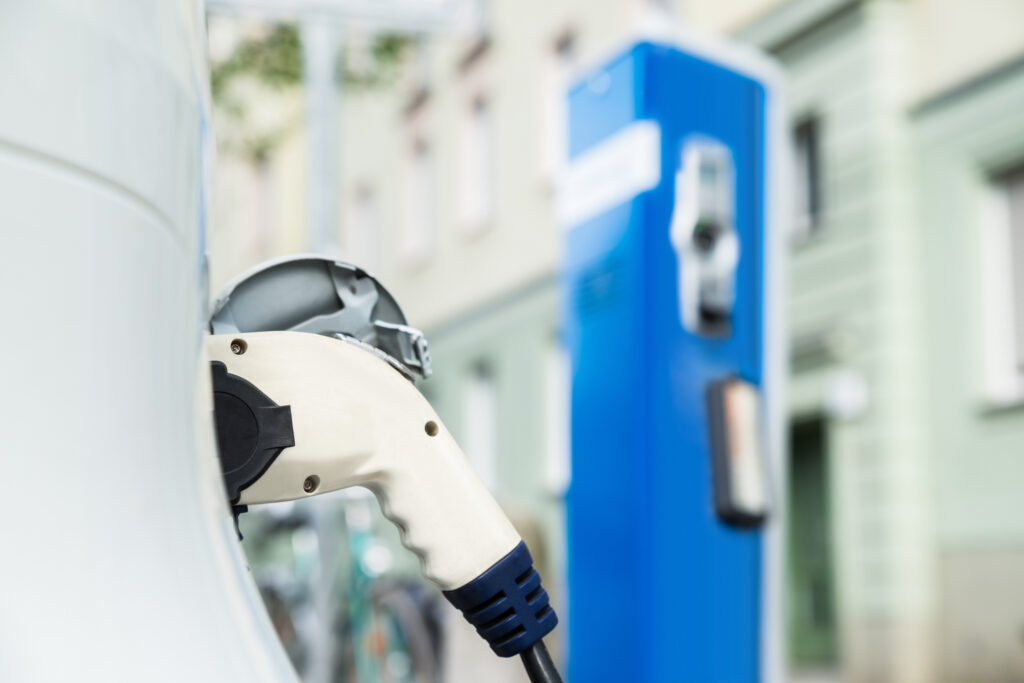The Society of Motor Manufacturers and Traders (SMMT) has indicated battery electric vehicle (BEV) registrations increased by 23.4% to 19,933 and plug-in hybrids (PHEVs) by 6.2% to 8,899 in October 2022 in comparison to last year.
Despite this growth, BEV uptake grew by less than the overall market for the first time since the COVID-19 pandemic. This meant October was the first month to see BEV market share fall year on year since May 2021. This has been primarily attributable to supply challenges, SMMT said.
Despite the shortcomings in the BEV market, the hybrid electric vehicle (HEV) market saw promise. Deliveries for HEVs increased by 81.7% to account for more than one in 10 new cars. In general, EVs accounted for one in three registrations, while more than a fifth (21.5%) came with a plug.
With the growing number of EVs on the UK’s roads, it is clear the necessary charging infrastructure required for this uptake is becoming increasingly paramount to develop.
However, despite the UK government establishing a 300,000 chargepoint target by 2030, recent analysis indicates this will be unattainable at current rates.
At the start of October 2022, the UK had 34,637 public standard, rapid and ultra-rapid EV charging devices, with 1,239 new rapid chargers and 5,023 new standard chargers installed during the first nine months of the year.
With 249,575 new plug-in registrations during the same period, just one new standard public charger has been installed for every 50 new plug-in EV registrations.
“A strong October is hugely welcome, albeit in comparison with a weak 2021, but it is still not enough to offset the damage done by the pandemic and subsequent supply shortages. Next year’s outlook shows recovery is possible and EV growth looks set to continue but, to achieve our shared net zero goals, that growth must accelerate, and consumers given every reason to invest,” said Mike Hawes, chief executive of the Society of Motor Manufacturers and Traders.
“This means giving them the economic stability and confidence to make the switch, safe in the knowledge they will be able to charge – and charge affordably – when needed. The models are there, with more still to come; so, must the public chargepoints.”
Increasingly concerning is that 80% of UK drivers may be deterred from driving an EV due to poor experience at the chargepoint, according to Paythru. One of the primary issues with the poor charging experience comes with difficulties in finding an EV chargepoint when it is required. This is an area that has been impacting the sector over recent months.
Over half (54%) said not being able to find a chargepoint when it is required would put them off getting an EV and a further 26% said it might. A total of 80% highlighted it as a concern.





